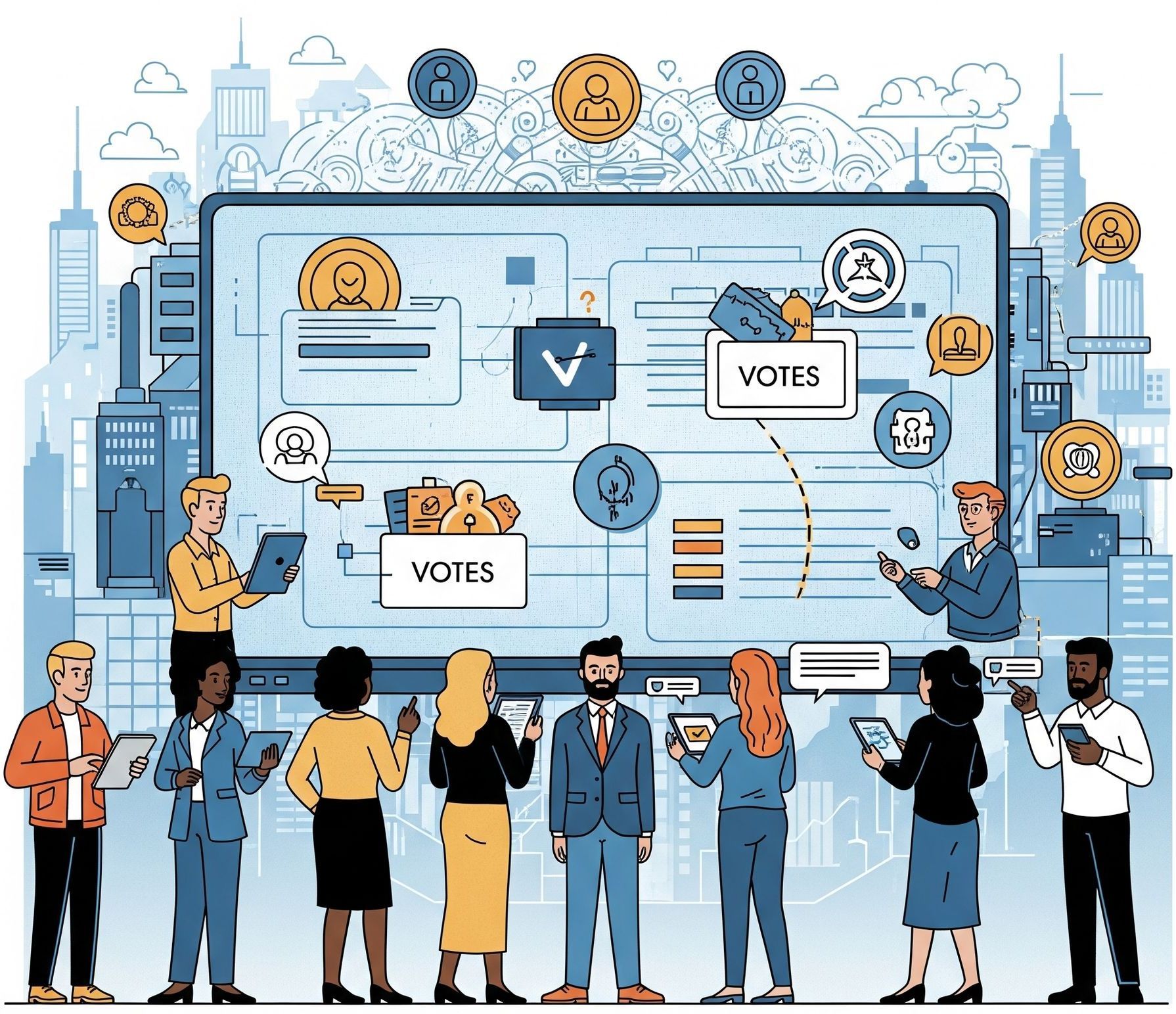Proxy Season 2024: Trends and Challenges

After a record-setting 2022, which saw a peak in shareholder proposals—especially climate-related ones—across Europe and Japan, our portfolios have experienced a slowdown in such proposals. However, these proposals have grown in complexity and shifted in terms of proponents and topics, demanding heightened scrutiny. Several factors contributed to the increasing complexity of proposals, including the expanded variety of proponents, and the fragmentation of acceptable norms across our society.
Evolving Priorities: Governance and Social Issues Take Center Stage
A notable shift in priorities emerged in 2024, with a renewed focus on governance and social topics. This change is partly attributable to increasing global regulations over the past two years, which aimed to expand disclosure and transparency. Across our portfolios, governance-related proposals constituted 50% of all shareholder proposals this year, a significant increase from 33% in 2022. Furthermore, social matters have now surpassed environmental and climate-related proposals in prominence, marking another departure from prior years. The precise drivers behind these trends remain unclear but could stem from shifts among proponents, influenced by political rhetoric, or a reordering of priorities among investors.
Broader Trends and Declining Support
Interestingly, the trends observed within our portfolios are corroborated by broader statistics from ProxyMonitor. Analysis of all shareholder proposals submitted at Annual General Meetings (AGMs) over the past 18 years reveals that, while the overall number of proposals has stabilized since its 2017 peak of over 800, the average support for these proposals has steadily declined since 2021, reaching a historical low of 17% in 2024, down from a peak approval rate of 33% in 2021.

Source: ProxyMonitor.org, Borealis GAM, 2025
Shifting Proponent Landscape
Labor union activity seems to have waned over the past decade, representing only 6% of all proposals in 2024, while they were the second-largest source of proposals until 2013. A notable counter-trend is the significant increase in proposals from conservative think tanks and groups, who authored 1 in 5 proposals in 2024, a dramatic rise from just 2% in the prior decade. These conservative proponents typically highlight the cost of aligning business decisions with climate change and the financial impact of taking stances on overly political and highly divisive topics.

Source: ProxyMonitor.org, Borealis GAM, 2025
We've recently observed several companies alienating customers, resulting in revenue losses and declines in value. Consequently, conservative proponents often advocate for greater transparency around funding for social and political matters and call for boards to take responsibility for assessing the financial impact of such positions. Socially Responsible Investing (SRI) funds have also been more active, now representing approximately 20% of all proposals, a significant increase over the past five years.
Shareholder proposals serve as a crucial avenue for pushing for better governance. Recent changes in SEC regulations have not, as many feared, resulted in fewer proposals. Striking the right balance between open discussions and formal proposals remains a challenge.
What’s next for Corporate Citizens
The landscape of fund management is undergoing a significant transformation. Increased pressure for disclosure of voting records has directly fuelled a rise in challenges to corporate boards and management, manifesting as activism and brand boycotts. This trend is further amplified by the growing polarization of society, which is increasingly reflected in shareholder proposals. These proposals often raise fundamental questions about the evolving role of corporations and the expectations citizens have regarding their societal contributions. In this dynamic environment, strong governance is no longer just a best practice—it's an essential pillar of an organization's resilience.
______________________________
Disclaimer:
This article is for informational purposes only and does not constitute investment advice. Borealis GAM may be invested in the securities of companies mentioned herein, creating a potential conflict of interest. While we strive for objective analysis, this should be considered. Past performance is not indicative of future results, and all investments carry risk, including loss of principal. Consult a financial advisor before making investment decisions. The information provided is based on our opinions and current holdings, which are subject to change without notice, and we make no warranties as to its accuracy or completeness.







